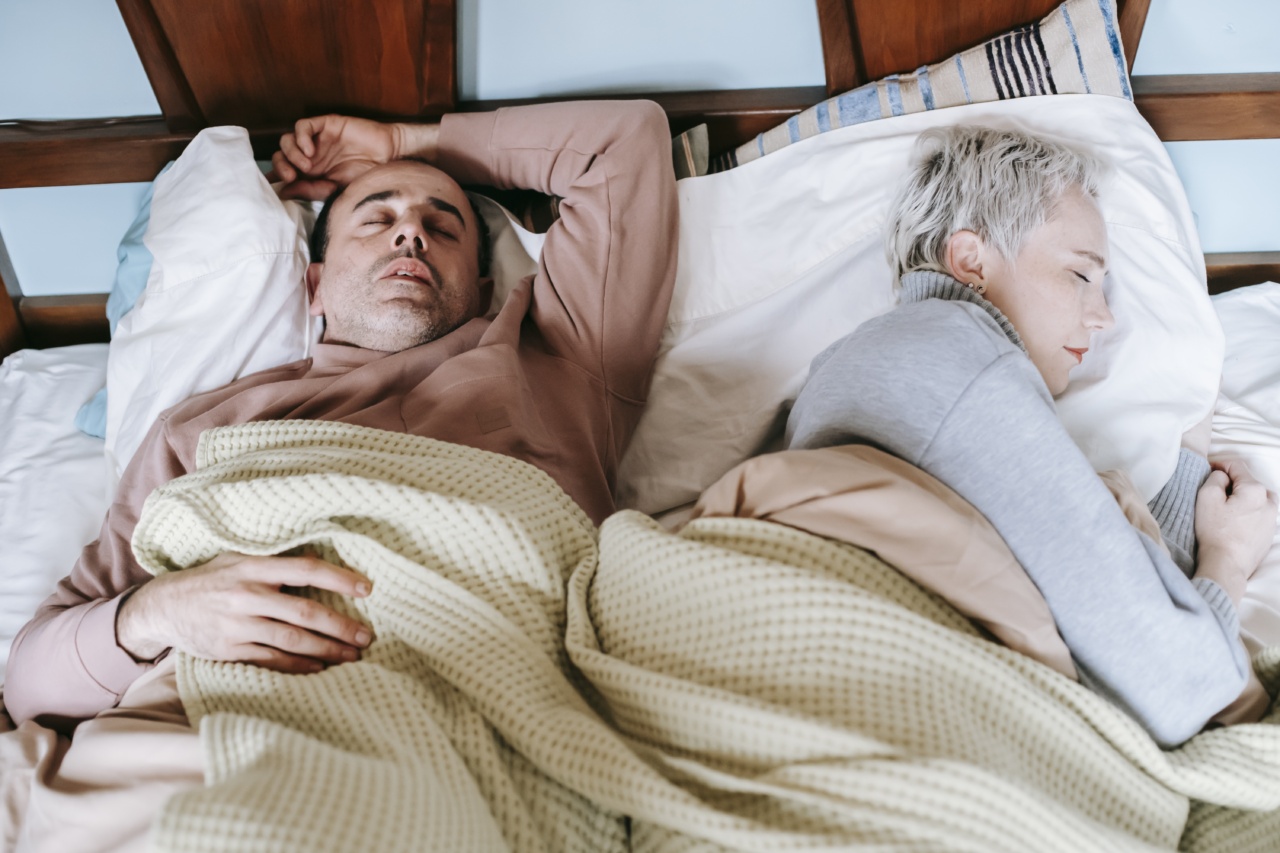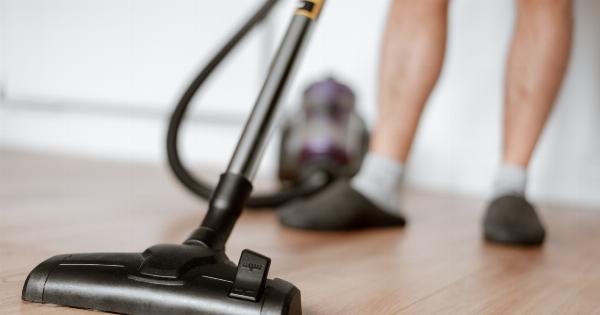Sleep is an essential aspect of physical and mental health. It helps in the restoration and recovery of our bodies, improves cognitive functions and mood, and helps in better immune system functioning.
It is also essential for the proper functioning of the nervous system and other physiological functions. However, sleep patterns tend to change with age, particularly in the elderly. This article highlights what happens to our sleep needs as we age.
The Evolution of Sleep Needs
From infancy, sleep patterns tend to change as we grow and develop. Infants need a lot of sleep while adolescents and young adults tend to require less. However, as we age, especially into our senior years, sleep needs tend to change.
According to research, seniors need about 7-8 hours of sleep per night, but they have more difficulty staying asleep. As one gets older, it becomes increasingly difficult to stay asleep because the body produces less melatonin, which is responsible for regulating the sleep-wake cycle.
In this regard, seniors tend to require naps during the day to compensate for inadequate nighttime sleep.
Quality of Sleep
The quality of sleep is often disrupted with age. With age, the body’s sleep architecture changes, and with it, the quality of sleep.
Seniors tend to have more light sleep stages and less REM sleep, which is essential for cognitive function and memory consolidation. Thus, elders often feel fatigued and less rested when they wake up in the morning. Older adults also experience periods of wakefulness during the night, which can significantly disrupt sleep quality.
For example, insomniacs may struggle to fall asleep, while others may wake up repeatedly in the night.
Causes of Sleep Disruptions
Sleep disruptions are also caused by physiological and psychological changes as we age. For example, arthritis, neuropathic pain, or other medical conditions may cause discomfort and pain, making it difficult for seniors to sleep through the night.
Additionally, other factors such as respiratory issues caused by conditions such as chronic obstructive pulmonary disease (COPD) or asthma may cause breathing problems during sleep. Allergies, acid reflux, and other gastrointestinal issues may cause discomfort, snoring or gasping during sleep, and other symptoms that can make sleep difficult to attain.
Psychological factors such as anxiety, depression, and other mood disorders may also disrupt sleep patterns.
Effect of Medications
Medications tend to affect sleep in different ways, especially in older adults.
For example, some antihistamines, antidepressants, and blood pressure medications may cause sleep disruptions, while corticosteroids, diuretics, and thyroxine may cause insomnia. Additionally, caffeine, nicotine, or alcohol consumption and withdrawal may disrupt sleep, rendering it more difficult for seniors to attain restorative sleep.
Ways to Improve Sleep
Improving sleep patterns is essential for seniors to lead a healthy lifestyle. The following are some tips to improve sleep quality:.
- Stick to a regular sleep schedule. Going to bed and waking up at the same time every day helps regulate the body’s sleep-wake cycle.
- Create a sleep-friendly environment. A cool and dark room with comfortable bedding is conducive to better sleep. Limiting noise and light sources may also improve sleep quality.
- Avoid caffeine, alcohol, and nicotine. These substances can interfere with sleep, potentially causing sleep disruptions. Avoiding their use or consumption hours before sleep can significantly improve sleep quality.
- Engage in relaxation techniques. Progressive muscle relaxation, deep breathing, and other relaxation techniques can help reduce stress and anxiety, leading to better sleep quality.
- Exercise regularly. Engaging in physical activity is essential for overall health, but it can also help improve sleep quality. However, it is essential to avoid vigorous exercise late in the day as it may delay the onset of sleep.
- Seek treatment for underlying medical conditions or psychological disorders. Addressing medical or psychological disorders such as sleep apnea, depression, or anxiety can significantly improve sleep quality.
Conclusion
Sleep patterns change as one gets older, making it harder to fall asleep and stay asleep. This aspect makes it necessary to adopt healthy sleep habits and to seek medical attention when necessary.
The tips mentioned above may help seniors improve their sleep quality, leading to a healthier and more productive life.





























